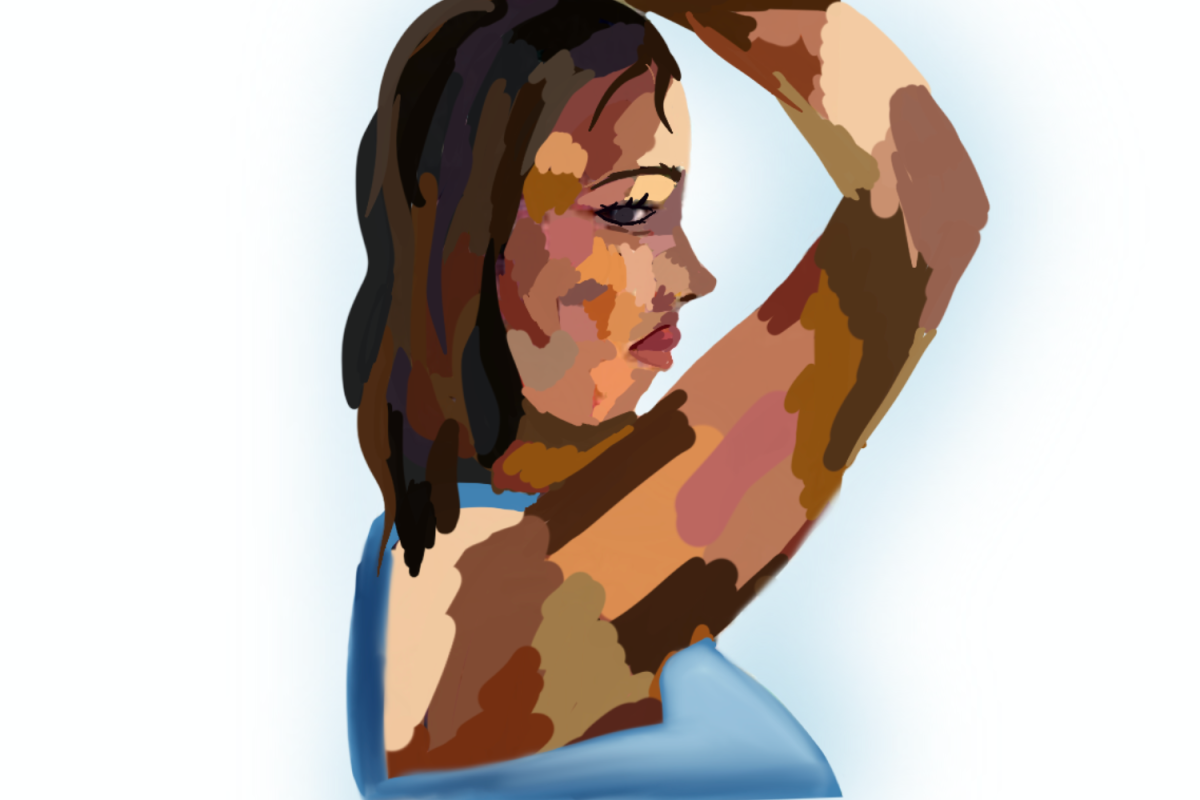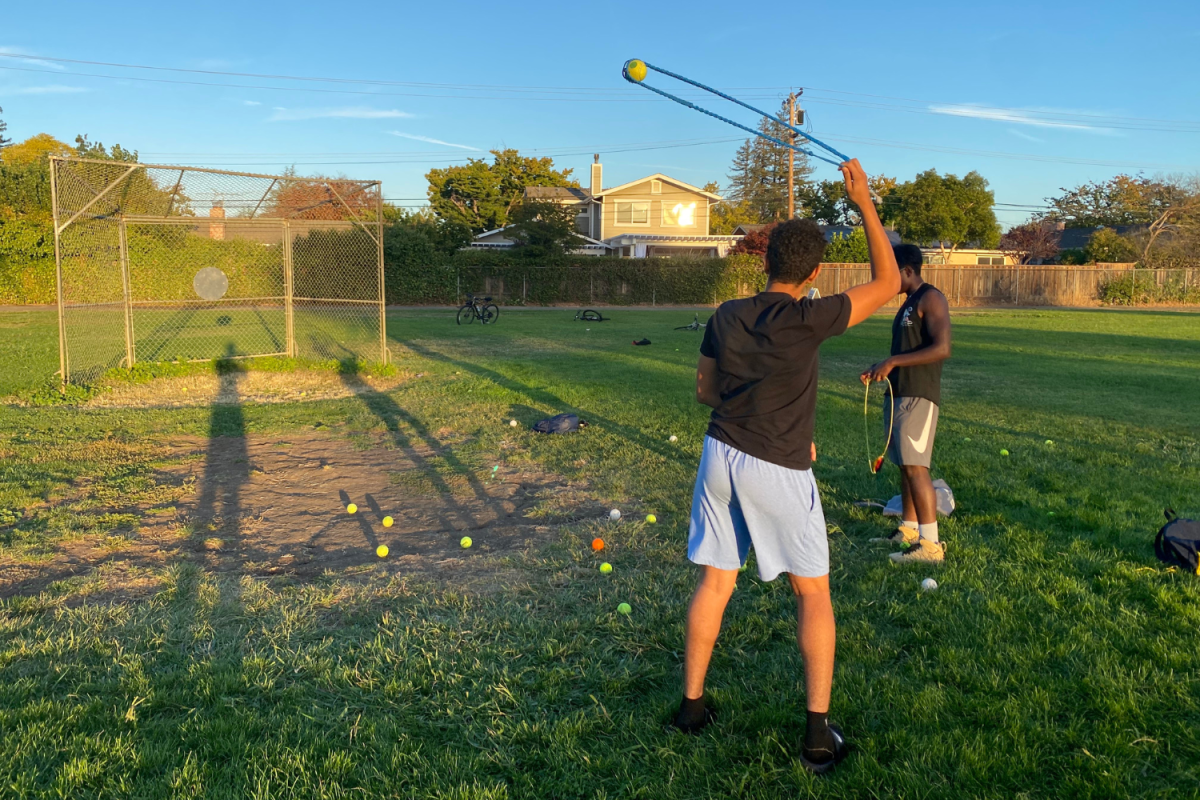Western ideals of feminism emphasize independent women who reject patriarchy and advocate for educational and occupational equality. Beyond the proud Western sentiment, feminism can be recognized with a deeper complexity when viewed through different cultures and religions, adding nuance to the idea of female liberation, which has been muddled through generalization.
In principle, America’s founding values of freedom and liberty assume gender equality as a basic human right. As early as the Enlightenment Era, prominent figures such as Mary Wollstonecraft and Stuart Mill advocated for equal rights for women on the basis of individual rights and reasoning. Wollstonecraft, in particular, published A Vindication of the Rights of Woman in 1792, in which she challenged patriarchy and advocated for gender equality in education. Throughout the 20th century, these women’s rights activists were gradually met with success when acts such as Title VII and IX of the Civil Rights Act banned gender discrimination in education and the workforce and when women gained access to contraception.
Unfortunately, Western feminist values do not apply to women of all ethnicities, cultures and religions. White and middle-class women in America have been historically given more opportunities to work outside of their households when domestic service work was transferred to women of color. Beginning in the early 20th century, occupations for cleaning, cooking and caretaking fell upon African American, Asian American and Hispanic women. In addition to holding different positions in the workforce, women of racial minorities were often pressured by familial and cultural expectations that caused the idea of feminism to be perceived and practiced in different ways.
“In America, feminism is usually not intersectional, and that’s a huge problem because non-intersectional feminism is just white feminism,” senior Niharika Emani said. “It only seeks to empower white, upper-class women without regard for the nuances and struggles of women of marginalized groups.”
Globally, many women in developing nations are unable to attain the same rights as women in the West because of philosophical differences and remnants of colonialism. In developing countries, women often have restricted access to education, healthcare and employment, forcing some to adapt to a different kind of society: one with a larger focus on the domestic sphere and subservience to male patriarchs.
The gradual development of the West has led to a hegemonic relationship between Western feminism and that of developing countries. In other words, following the ideology that Western societal values were “superior,” Western feminism came to act as the “universal” standard of what feminism should be. Many Western feminists have also come to generalize women in developing countries to be collectively powerless, oppressed and restricted by outdated values influenced by societal norms, when in reality, feminism is a much more nuanced concept. As a result, many women of color have felt alienated and unable to relate to the mainstream feminism promoted by the West.
“Modern American feminism is defined by the idea of empowering women, but there needs to be more emphasis on actually deconstructing the system that holds women down in the first place,” Emani said.
An instance of disparity surrounds the feminist perspectives on women acting as housewives. Western feminism discourages women from staying at home, urging them to take on roles outside of the home, reaching for higher education or political involvement. However, many women in developing countries simply hope to have more rights and garner respect so they can feel safe in their homes.
In countries such as India, feminist movements have combated rigid marriage and familial customs and advocated for wage and occupational equality. The patriarchal society in India mimicked the ones in medieval Europe, yet they remained more pervasive in areas where child marriage existed and women often received little rights once married. Other patriarchal attributes include dowries, gender-influenced abortions, siring sons and the caste system.
“My grandmother lived in India when it was still a British colony, but she also had to deal with the patriarchy that caused her to be married when she was young,” said Tanya Bakhru, professor of Women’s Gender and Sexuality Studies at San Jose State University. “However, while we grew up in very different places and times, I still think about all the ways we’re connected through shared experiences, like issues with bodily autonomy.”
Since the late 1800s, though, women’s rights in India have made major strides in progress. Despite setbacks from nationalistic backlash toward changing traditional values, women were encouraged to participate in activism. Later, in the 21st century, the passage of the Protection of Women from Domestic Violence Act and Criminal Law (Amendment) Act proved to be testaments to reformist efforts in India.
Religious beliefs can also play a critical factor in women’s rights movements, as was the case in Islamic feminism. While Islamic feminism itself has been a relatively recent concept, starting in the 1990s, it is associated with feminist ideas in Egypt dating back to the 1890s, where Muslim men and women alike drew on Islamic reformist ideas to fight against those using religion as a method to justify their repressive practices. Later, the rise of secular nationalism promoted the belief in equality regardless of race, religion or gender, embracing the idea of social equality in addition to gender equality.
In African countries such as South Sudan and Democratic Republic of Congo, where many women still face the lingering effects of slavery and neocolonialism, their major concerns do not align with Western feminist values. As Elma Akob, a global keynote speaker and advocate for women empowerment, said in her 2022 TEDx talk, “The Dangers of Western Feminism to African Women,” women of color were fighting for basic rights and concerns surrounding arranged child marriages, issues that typically didn’t arise in Western feminist movements, mirroring the struggles of Indian women. She clarifies that while not undermining Western feminists’ achievements, their standards for the term “feminism” can trap so-called feminists in a fixed mindset.
With the rise of social media-fueled “feminist values” and cancel culture, the term “feminism” has become a highly controversial topic where opinions differing from the mainstream can lead to public backlash. These unconventional beliefs have caused people to be labeled as “anti-feminist,” when in reality, they equally support women’s empowerment. In this sense, Western feminism can become a restrictive term, failing to include or recognize other ethnic and cultural interpretations of feminism.
“Whenever you coin a phrase — for instance, feminism — there’s a stance against it,” English teacher Andrew Seike said. “Unfortunately, adopting a certain belief may disregard other beliefs. It takes an open-minded individual to accept and respect these often opposing beliefs and have them coexist without conflict. Feminism is just one facet of my life journey to promote equality.”
Even in other European countries like France, opinions regarding feminism can differ from the feminist movements that sprung from American women’s rights activists. Individuals are more concerned with receiving social benefits and alleviating the stress on both sexes with regard to parenting, providing them with the platform to dedicate more time and energy toward career goals. Funded through government taxes, the French municipality provides generous vacation and maternity leaves, as well as the equivalent of a daycare system for children as young as three years old.
“Feminism should be deeply intersectional — it not only focuses on issues of gender but also on class and social issues that are woven together,” said Bakhru. “Feminism is really about social transformation.”




































































